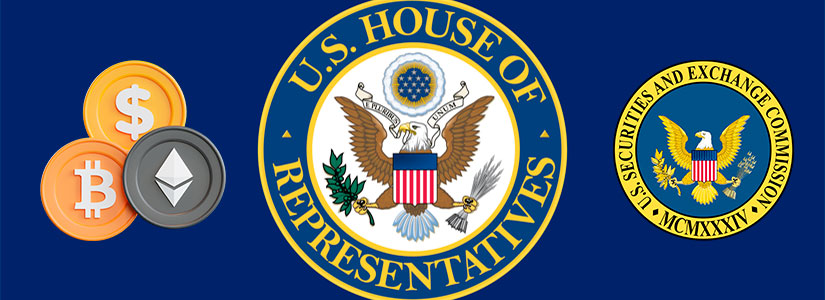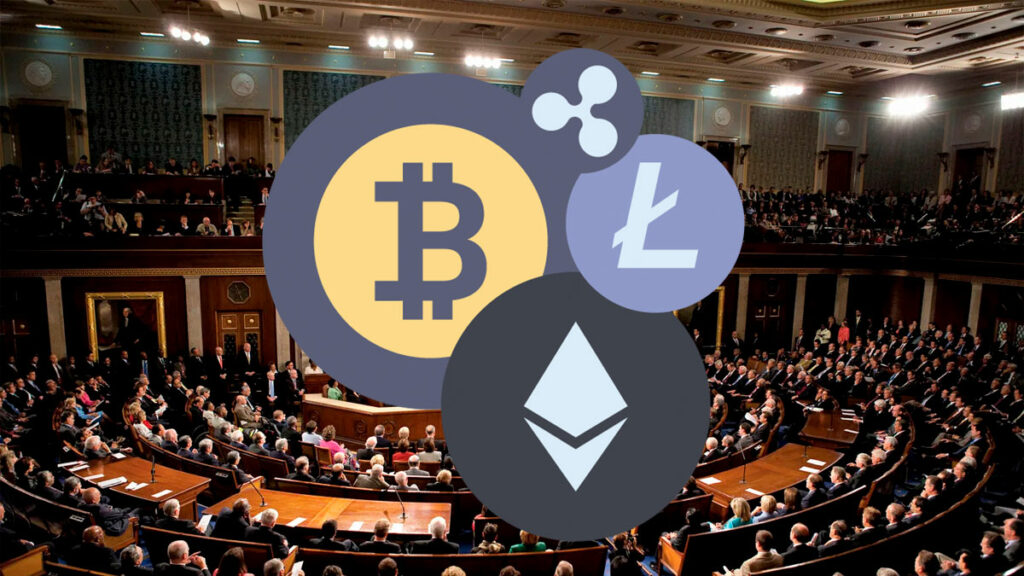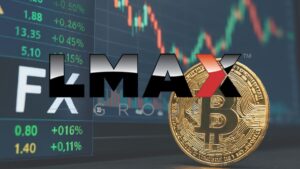TL;DR
- House Passes Bipartisan Bill: On May 8, the United States House of Representatives voted to pass a bipartisan bill, H.J. Res 109, which overturns the SEC’s controversial Special Accounting Bulletin No. 121 (SAB 121). This guidance had effectively blocked banks from holding crypto assets on behalf of their customers.
- Controversial SEC Guidance: Introduced in March 2022, SAB 121 outlined accounting guidelines for crypto custody. However, it discouraged banks from acting as custodians due to cost implications. Banks were required to treat crypto assets differently from traditional securities, hindering their ability to provide custodial services.
- Presidential Veto Threat: Despite bipartisan support, President Joe Biden opposes overturning SAB 121. The White House argues that it would disrupt investor protection efforts. If the bill reaches his desk, President Biden has threatened to veto it, highlighting tensions in crypto regulation.
The United States House of Representatives has taken a significant step in the ongoing battle over cryptocurrency custody regulations. On May 8, the House voted to pass a bipartisan bill, H.J. Res 109, which overturns the Securities and Exchange Commission’s (SEC) controversial Special Accounting Bulletin No. 121 (SAB 121). This guidance had virtually blocked banks from holding crypto assets on behalf of their customers.
The SEC’s Controversial Guidance
Introduced by the SEC in March 2022, SAB 121 outlined accounting guidelines for institutions looking to custody crypto assets. However, it had a chilling effect on banks’ willingness to act as crypto custodians. Under SAB 121, banks were required to hold their customers’ crypto assets on their balance sheets, treating them differently from traditional assets like securities. This approach was seen as cost-prohibitive and unfair for banks seeking to provide custodial services for digital assets.
House of Representatives Bipartisan Support and Presidential Veto Threat

The bill to overturn SAB 121 received bipartisan support, with 21 Democrats joining unanimous Republican votes to pass it by a margin of 228 votes to 182.
Republican Congressman Mike Flood, who introduced the resolution, emphasized that custodial assets should be “always considered off-balance sheet.” The resolution aims to remove roadblocks preventing highly regulated financial institutions from acting as custodians of digital assets.
However, President Joe Biden has expressed his opposition to the bill. In a statement, the White House said it “strongly opposes” overturning SAB 121, arguing that it would disrupt the SEC’s efforts to protect investors in crypto-asset markets and safeguard the broader financial system. Despite the House’s approval, President Biden has threatened to veto the bill if it reaches his desk.
Implications and Industry Response
The House Financial Services Committee (HSFC) hailed the resolution as a necessary step to protect consumers. By nullifying SAB 121, the resolution aims to allow consumers to hold their digital assets through highly regulated banks and other financial institutions.
HSFC Chairman Patrick McHenry criticized the regulatory overreach represented by SAB 121 and praised the bipartisan effort to bring commonsense into digital asset policy.
The recent actions by the U.S. House of Representatives and the subsequent response from the White House highlight a significant tension within the regulatory framework governing cryptocurrencies.
The bipartisan support for the resolution to overturn the SEC’s 2022 bulletin reflects a growing concern that the SEC is overstepping its boundaries and stifling innovation in the burgeoning crypto sector.










